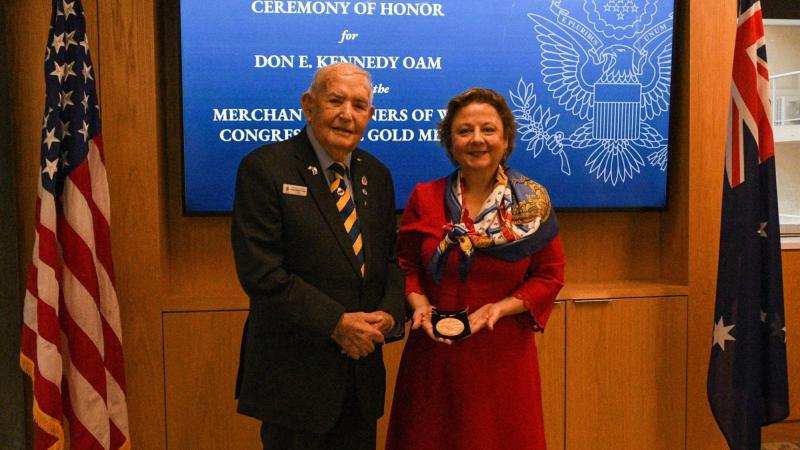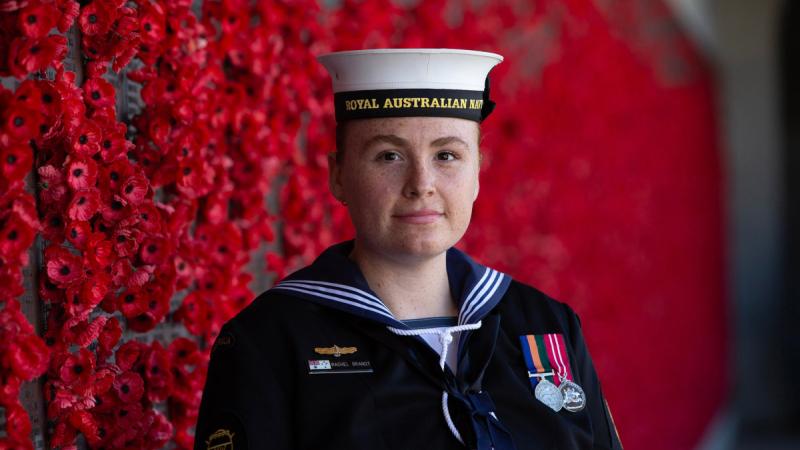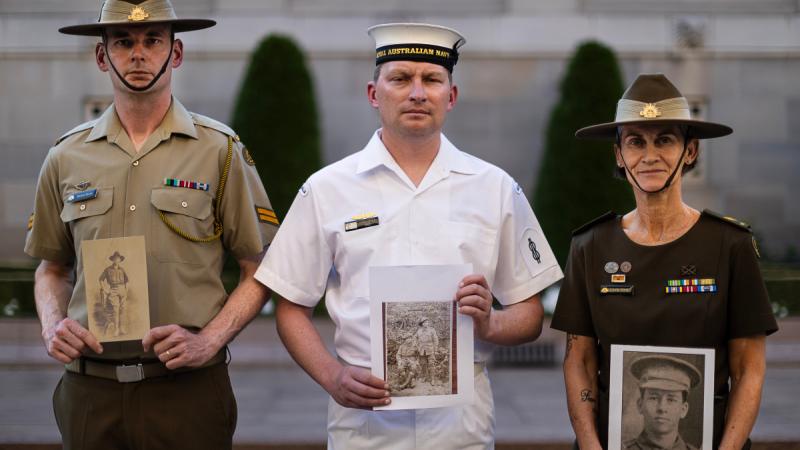
A joint project to tackle plastic pollution has received a $2.49 million dollar grant from the Australian Government.
The grant recipients, spearheaded by The Plastic Collective, include Southern Cross University, engineering company Emalte and global-climate solutions provider South Pole.
The team will use the funds to develop mobile recycling stations which will be able to recycle 124.8 tonnes of plastic each, per year.
The current prototype, Shruder Recycling Station Mk 2, is the basis for the new and improved Shruder Recycling Stations (SRS) designed to provide an on-site solution to recycling plastic waste in remote and regional communities; thereby improving the local environment and economy.
Countries such as Indonesia, the Solomon Islands, Papua New Guinea, Vietnam, Malaysia and Thailand have already expressed interest in buying the new stations once they become available.
The Australian Government Collaborative Research Centre (CRC-P) grant, will help the group to develop a hardware and software stack’ for the new SRS.
The SRS will be able to process hard and soft single-use plastics, turning them into valuable products. This will either be in the form of shredded plastic flakes, filament or moulded plastic products which can all be on-sold.
Deputy Vice Chancellor (Research) at Southern Cross University, Mary Spongberg said: “This project aims to not only mitigate plastic waste as a problem for Indigenous communities; it will connect remote communities to an international ethically recycled plastics marketplace and facilitate a real plastic circular economy. This innovative approach to dealing with waste plastic is exactly the sort of research SCU excels in, bringing expertise created in the Northern Rivers to the world, but most importantly to the people who need it most.”
Two expert research teams from Southern Cross will be led by Professor Stephen Smith and Dr Lachlan Yee.
Professor Smith’s experience in environmental monitoring and marine pollution combined with Dr Yee’s expertise in polymer manufacturing (plastic) is expected to deliver a financially and environmentally sustainable solution.
“Infrastructure for dealing with waste is lacking in many small communities – yet these communities dominate many areas of the world and potentially contribute strongly to global waste entering the ocean. Developing packaged technology for use at these scales will therefore have wide application and will make an important contribution to world efforts to combat marine plastic pollution,” said Professor Smith.
Dr Yee and his team will form a group that can provide the scientific knowledge necessary to take plastic waste and produce valuable products after processing.
“However, the processing and the products will need to be compatible with the local community’s needs, practical engineering and a circular economical, as well as environmental philosophy. Hence, we will be working closely with the team’s leading up engineering as well as socio-economic engagement,” said Dr Yee.
Founding member of the 3R Initiative, South Pole, are focused on measurement, reporting and verifying impacts related to plastic collection and recycling. Informed by their long-standing experience in carbon markets, South Pole will co-develop a corporate accounting and project standard for small recycling activities.








